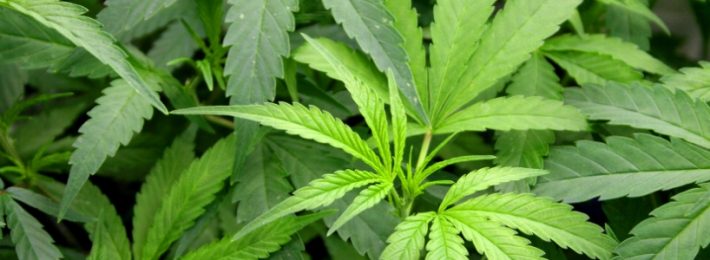Security Clearances and Legalized Marijuana: What You Should Know

As of today, 25 states have legalized medical marijuana while four states—Alaska, Colorado, Oregon, Washington, and the District of Columbia have legalized recreational pot. With the coming elections there could be as many as 14 additional states added to the list. What does this mean for the potential security clearance applicant or current clearance holder? Are you are thinking if you live in a state that has legalized marijuana then it should not be a problem to use it, right? Or perhaps you just moved from Colorado where recreational use is quite prevalent (and legal), and as was your right, you regularly lit up a joint and baked in the privacy of your own home for the past three years. Now you live in Virginia right outside the DC beltway and are eyeing a federal contractor job that requires a security clearance. Your smoking and munching on brownies every night over the last three years is no big deal since it was legal and now you have stopped, right?
Unfortunately, that is not the case. The Drug Enforcement Agency (DEA), in a recent statement, has declined to change marijuana’s classification as a Schedule 1 substance, which is in the same category as heroin, LSD, and ecstasy. Therefore, under Federal law, any cannabis use is still illegal regardless of what state law says. Trumping any state decision is Executive Order 12564 which clearly states any illegal drug use at all by a current U.S. Government employee or member of the military is a violation of this presidential order. Additionally, the Bond Amendment prohibits all Federal agencies from granting or renewing any security clearance for any person who is an unlawful user of a controlled substance or is an addict. Adjudicative guidelines have not changed and state that illegal drug use is a security concern that raises questions about an individual’s reliability, judgment and trustworthiness. The bottom line is this: clearance applicants and holders should not entertain in any way, shape, or form of using cannabis no matter whether in a state or country (the Netherlands) where it may be legal.
However, for those clearance applicants who already have a history of prior use, here are some things that can help you overcome the concerns:
Recency and Frequency
These are probably the top two factors considered when looking at mitigation for marijuana use. Depending on what agency the position is with, some agency timelines may be more stringent than others. Generally speaking, the timelines go like this:
- Experimental Use: Initial use for a maximum of six times, or more intensive use for a maximum of one month. Abstinence period should be at least 6 months minimum but probably better if closer to a year or more.
- Occasional Use: Once a month or less. Abstinence period is same as for experimental use.
- Frequent Use: Once a week or less, but more than once a month. Abstinence period is at least one year or more, depending on how many years the use was.
- Regular or Habitual Use: More than once a week. Abstinence period is at least three years or more depending on if diagnosed as dependent and could be longer.
Age, Circumstances and Future Intentions
Your age at the time you started using marijuana, why you used it, the environment you were in, and your stated intentions to not use again in the future can go a long way towards mitigating use. Say you were 22 years old, in college, and partied like there was no tomorrow. You are now 26, graduated, have not used since your graduation 3 years ago, don’t hang out with that crowd anymore, and are done with it. Chances are good that those brownies you used to eat with grass in them will not be an issue.
Rehabilitation
For those that let it get out of control where “Mary Jane” took control of their lives, than successful completion of a treatment program (without relapses) is strongly recommended along with the other factors previously mentioned. A favorably diagnosis, prognosis and personal recommendation from the treating medical professional will go a long way in getting you over the top.
Going forward there are no plans to change the stance on marijuana use and easing adjudicative guidelines for security clearance eligibility. Valid concerns exist about marijuana use: less work productivity; safety issues; depression; addiction; deterioration of sound judgment; and poor decision-making. These in turn may lead to financial issues, criminal activity, dishonesty or susceptibility to coercion. Best advice I can give is to seek other ways to balance relaxation, stress, work, pain, or social pressures.



Hi. What do you think the determination would be for someone who is physically disabled by Cerebral Palsy and medically cleared for use in the state of MD? I may be working toward security + certification and need clearance to get any of the good jobs in my area. Thank you for your time
Regardless of medical conditions and state legalization clearance holdees cannot use marijuana, medical or otherwise.